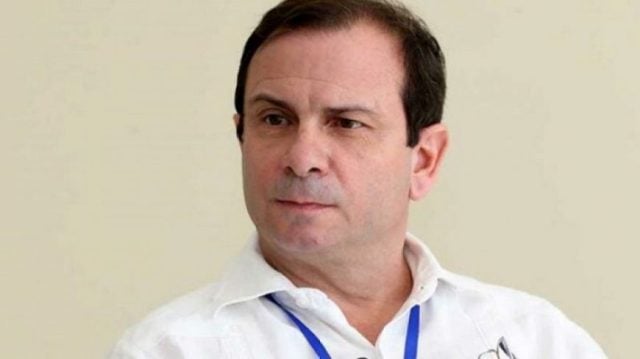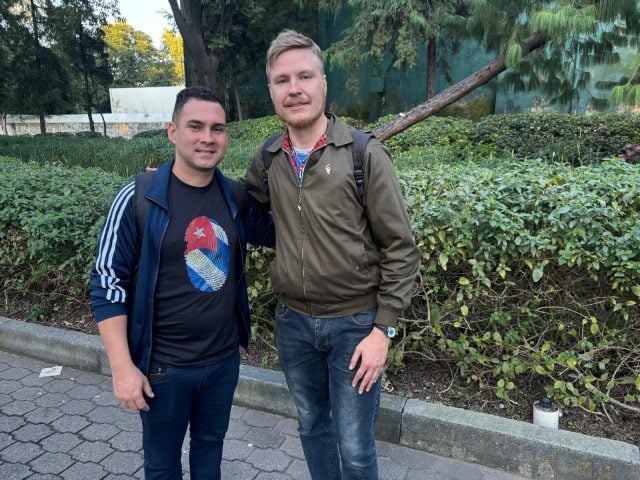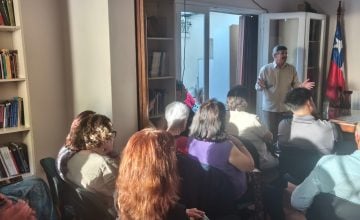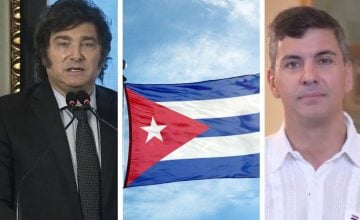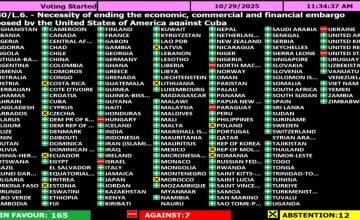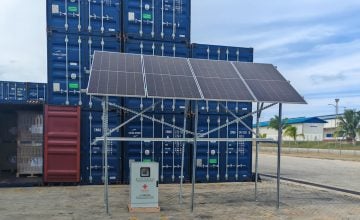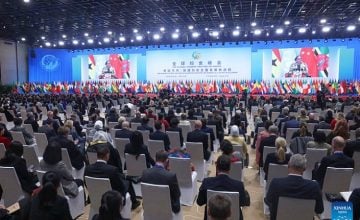Cuba’s Contributions to BRICS: An Interview with Fernando González, President of the Cuban Institute of Friendship with the Peoples
Amid the ongoing trade war between the United States and China, military operations against Venezuela, and significant repression of opposition to Trump, the embargo and sanctions against Cuba have proven ineffective.
The island nation continues to withstand these pressures, bolstered by international solidarity movements and traditional allies such as Russia, China, and the BRICS bloc.
Denis Rogatyuk discussed these issues and more with Fernando González, president of the Cuban Institute of Friendship with the Peoples (ICAP) and a member of ‘The Five Cubans’.
2025 has been one of the most challenging years for the Cuban revolution in recent times, particularly concerning the blockade. Could you summarize the role that International Solidarity has played in alleviating these attacks against Cuba?
“Historically, international solidarity with Cuba has been quite militant and active in denouncing the suffocating policies of the U.S. government in the past decade, starting with the first Trump administration.
Since then, under the Biden administration and now again with Trump, the economic war against the Cuban economy has intensified to unprecedented levels. This has garnered responses and denunciations from the Movement of Solidarity with Cuba in various forums.
Cuba’s unjust and immoral designation as a state sponsor of terrorism—a measure lacking justification that aims to intensify the economic blockade against our country—has been condemned by the Movement of Solidarity with Cuba at every event that has taken place. Not only at these events but also through letters sent from several countries, including the United States, to the U.S. Congress.
Moreover, the solidarity movement in the U.S. has engaged with various Congress members and senators to clarify the reality on the island and to denounce Cuba’s presence on that list and the criminal nature of the blockade. It’s essential to highlight the efforts of the Movement of Solidarity with Cuba in the U.S., which has worked with council members from cities across the country. Over 100 U.S. cities have now passed resolutions denouncing the blockade and urging the U.S. government and the President to remove Cuba from that infamous list. This demand is echoed globally for lifting the blockade and removing Cuba from that list.
In addition to these political actions, there has been a significant movement of material solidarity supplies sent to our country. Our healthcare system, which provides universal free healthcare coverage for all Cubans, has been severely impacted by shortages and needs. Although these needs have not been fully met, the Movement of Solidarity with Cuba continuously supports us with medicines and supplies for our healthcare system.
Likewise, our education system has received support from various solidarity organizations and individuals, who even bring medications to Cuba in their luggage. Thus, the Movement of Solidarity with Cuba has been present, supporting our people in this difficult and complex struggle during these challenging times.”
With the growth of organizations like BRICS aimed at expanding cooperation among the Global South and powers such as China and Russia, do you believe this movement and its expansion have positively impacted Cuba in recent years?
“Cuba has joined the BRICS not as a full member but as an associated country. It’s a fascinating project, a process that has been consolidating and simultaneously expanding its interests and areas of work.
I believe this framework is very positive, in my view, for the world and for the necessary multipolarity in global affairs. Cuba has areas where it can contribute to BRICS, including biotechnology, pharmaceuticals, the development of our healthcare system, education, and through the projects that BRICS may design, in which Cuba can be a beneficiary.
This process is just beginning for Cuba, and we still have to delve deeper and develop it, but I believe possibilities are opening for our country to find alternatives for development through projects emerging from BRICS as a group that continues to expand, not only in terms of member countries but also in interests, angles, and themes in which it engages.
We find this project extremely interesting, offering an alternative to the hegemonic unipolar world dominated by the United States, reducing its control. The BRICS member countries, along with associated nations, constitute a significant part of the world’s population and global GDP.
Therefore, I believe that BRICS opens very interesting perspectives, not only for Cuba but for the entire world.”
Interview by Denis Rogatyuk
The Citizen
Original article: «Cuba tiene áreas en las que aportar a los BRICS»: Entrevista con Fernando González, presidente del Instituto Cubano de Amistad con los Pueblos
